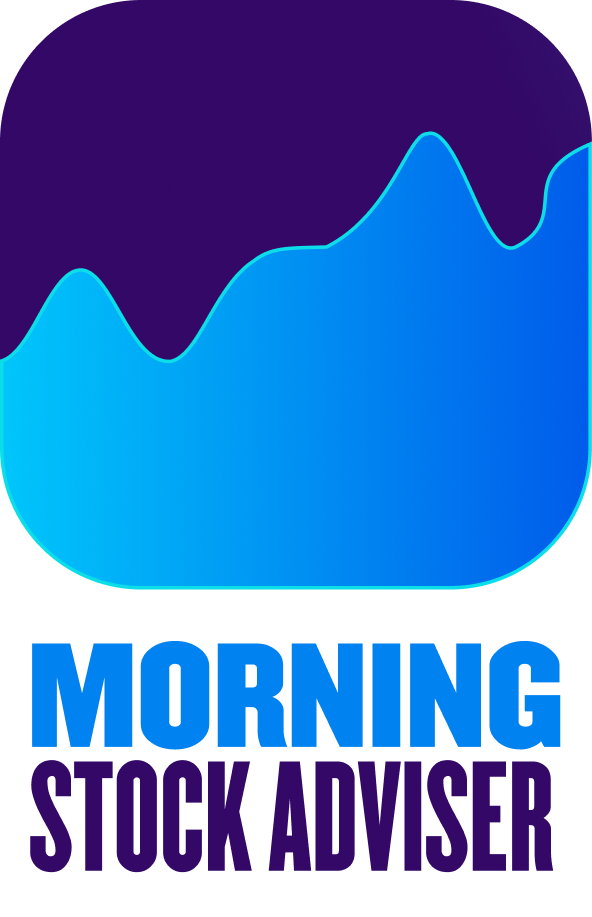
How Connected Health Platforms are Transforming Prescription Management
The old way of managing prescriptions—paper trails, phone calls, and scattered updates—is giving way to something faster, smarter, and infinitely more connected. Thanks to the Internet of Things (IoT), health platforms today are syncing patients, doctors, and pharmacies in real time. Data flows seamlessly from smart devices straight to clinical teams, changing the way prescriptions are handled from the moment they’re written to the moment they’re filled—and beyond.
Yet even with automation at the helm, human expertise remains a critical safeguard. Pharmacy intervention still plays a defining role in improving patient outcomes and catching risks that algorithms alone might miss. As this recent overview of clinical pharmacy interventions highlights, blending smart tech with expert oversight is key to better safety, savings, and success rates. In this new era, the best systems don’t replace clinical judgment—they amplify it.
Smarter Data, Smarter Prescriptions
Connected health platforms aren’t just about collecting data—they’re about using it in ways that transform care. From wearable monitors that track vital signs to smart pillboxes that log each dose, IoT devices are making it easier to see exactly how patients are engaging with their medications. That visibility matters. Real-time feedback allows providers to catch skipped doses, incorrect usage, or signs of a developing problem, all before it spirals into something bigger.
Gone are the days of relying on patient memory or waiting for a scheduled check-up. Today, alerts can ping providers instantly when something looks off. And when that data flows directly into electronic health records (EHRs), clinical teams are better equipped to make fast, informed decisions. In short, smarter data means smarter prescriptions—delivered with precision, monitored with insight.
Predicting Problems Before They Start
Predictive analytics are giving connected health platforms an even bigger edge. By analyzing streams of patient data—like heart rate, sleep patterns, or medication adherence—platforms can flag risks long before symptoms appear. Think of it like weather forecasting, but for personal health. If a patient’s biometrics suggest they’re heading toward an adverse drug reaction, providers can step in early, adjusting therapies or medications before things escalate.
This is where human insight steps back into the spotlight. Pharmacy intervention acts as the checkpoint, verifying that predictive suggestions make clinical sense. Algorithms can highlight patterns, but it still takes trained eyes to translate those signals into safer, smarter care. It’s a high-tech, high-touch future—and it’s already happening.
Connecting the Whole Care Ecosystem
One of the most powerful impacts of IoT on prescription management is how it’s erasing the gaps between healthcare players. Hospitals, outpatient clinics, home health services, and pharmacies can now sync in real time, sharing updates that were once lost in the shuffle. That connectedness brings massive benefits—not just for efficiency, but for patient safety, too.
Pharmacists now have direct access to live clinical updates, while doctors can instantly see if prescriptions are being picked up and followed correctly. This flow of information means fewer medication errors, quicker interventions, and better-coordinated care overall. When pharmacy interventions are based on up-to-the-minute data instead of weeks-old updates, patients stand to benefit enormously.
The Road Ahead: Intelligent Systems with a Human Heart
Looking forward, connected health platforms are poised to become even more sophisticated. AI-powered virtual assistants could manage medication reminders. Blockchain systems could secure patient data across networks. Predictive analytics will grow sharper, faster, and more personal.
Still, technology alone isn’t enough. At every critical moment, pharmacy intervention remains a necessary safeguard, ensuring technology serves patients—not just systems. As prescription management evolves, the winning formula is clear: blend smart automation with clinical wisdom, keeping humans at the core of connected healthcare.
The transformation is real, and it’s only accelerating. With connected health platforms rewriting the prescription playbook, healthcare is stepping into a future that’s faster, safer, and smarter than ever before.
The post How Connected Health Platforms are Transforming Prescription Management appeared first on IoT Business News.
